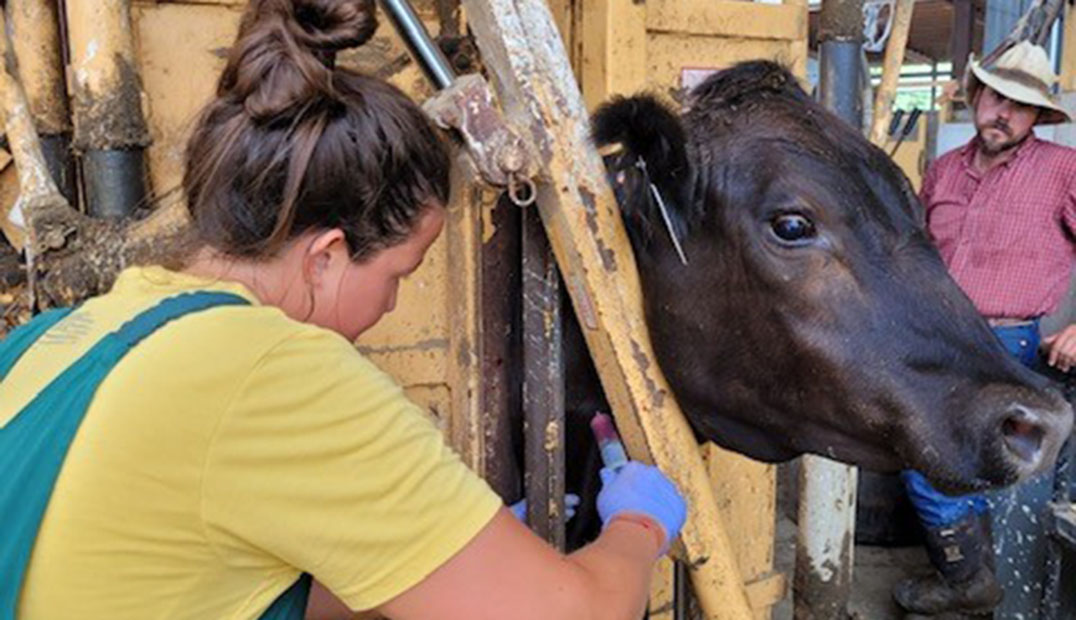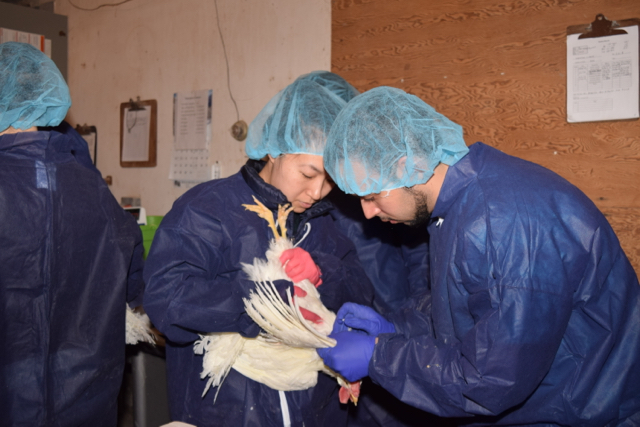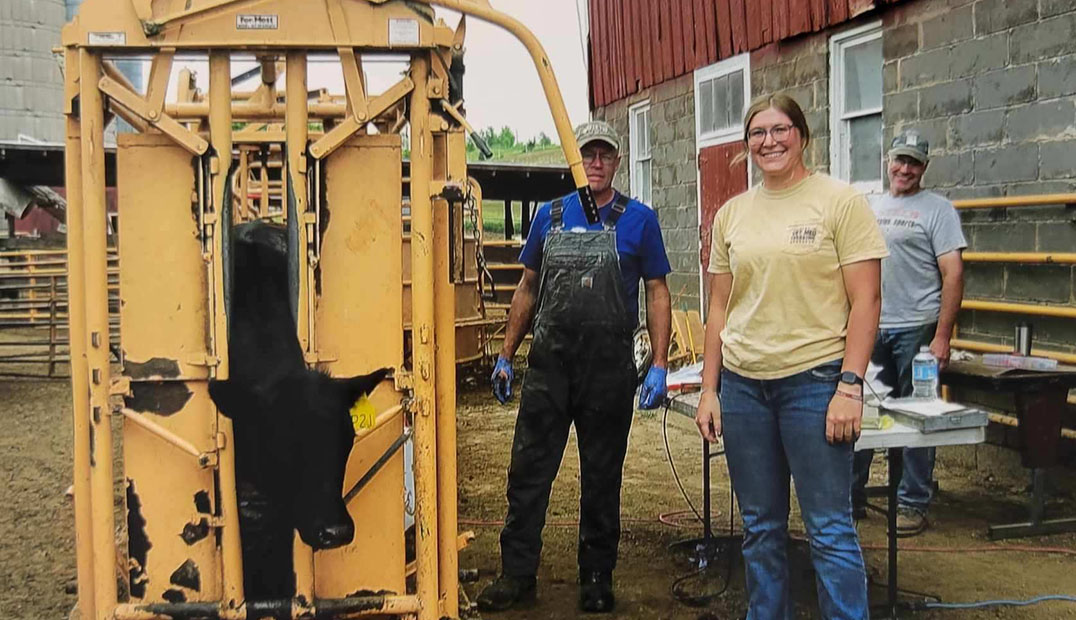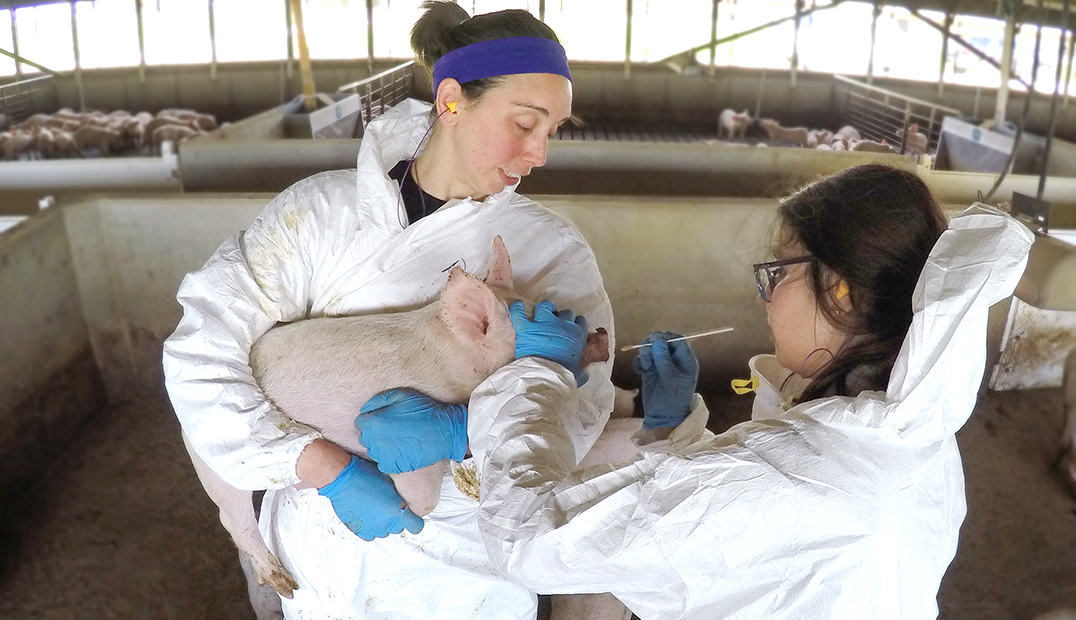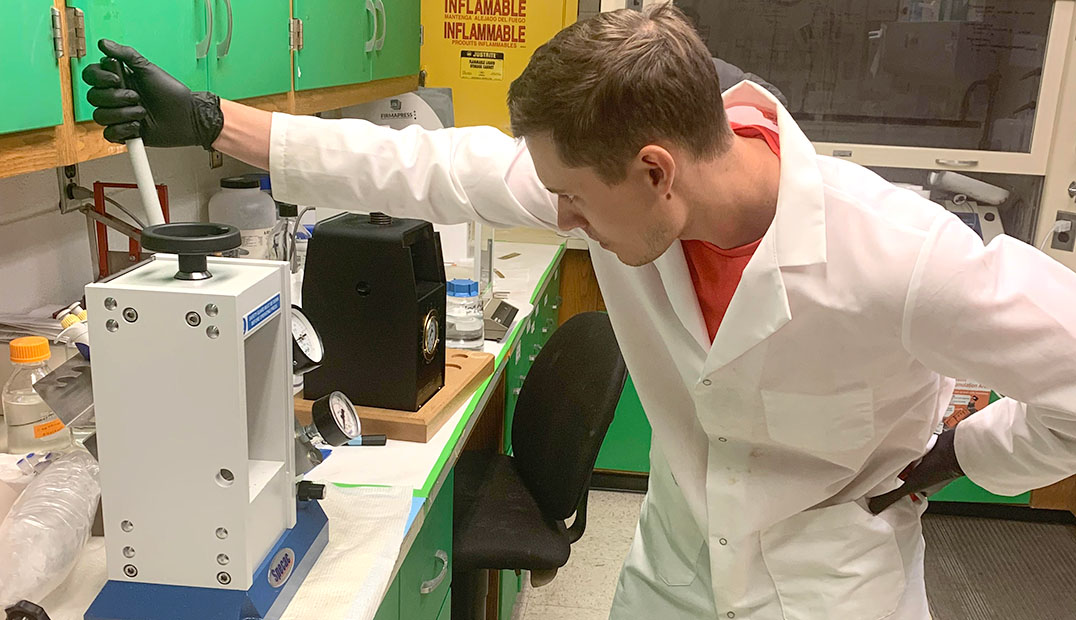Hands-on Experiences
Since summer 2006, well over 400 students have supplemented what they’ve learned in the classroom with hands-on, real-life experiences alongside practicing food animal veterinarians. What started with swine has now expanded into the beef, dairy and poultry industries thanks to the collaborative spirit of our sponsors and hosts. Watch the Veterinary Internship Programs presentation to find out more about these unique experiences open to veterinary students across the country.

